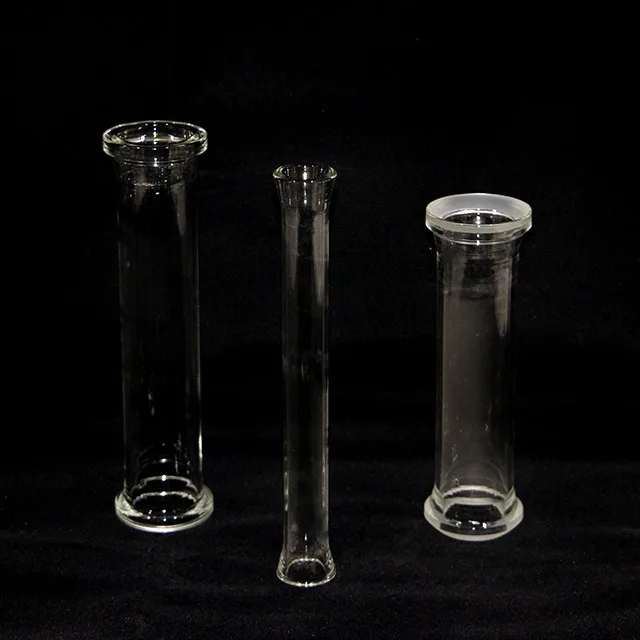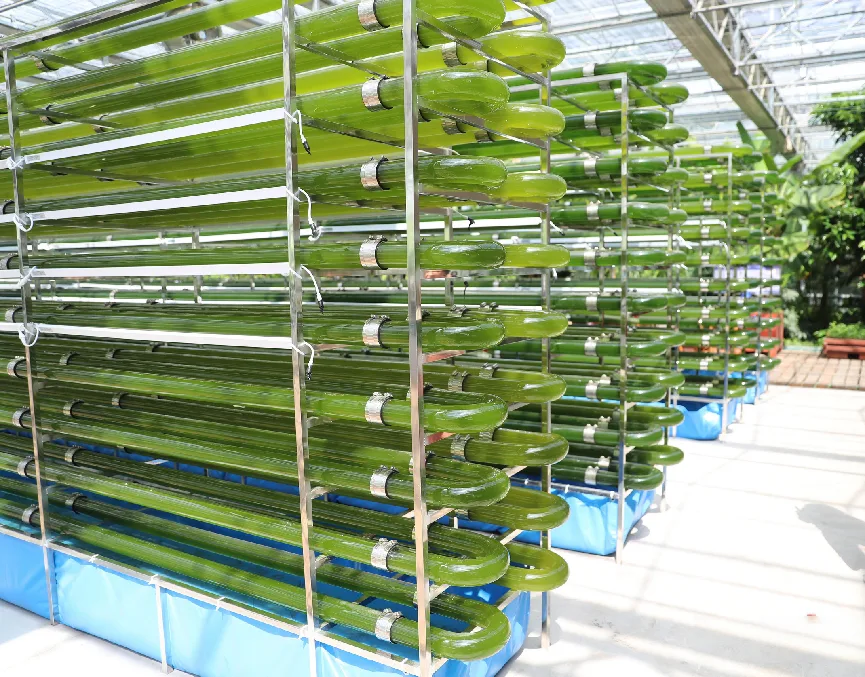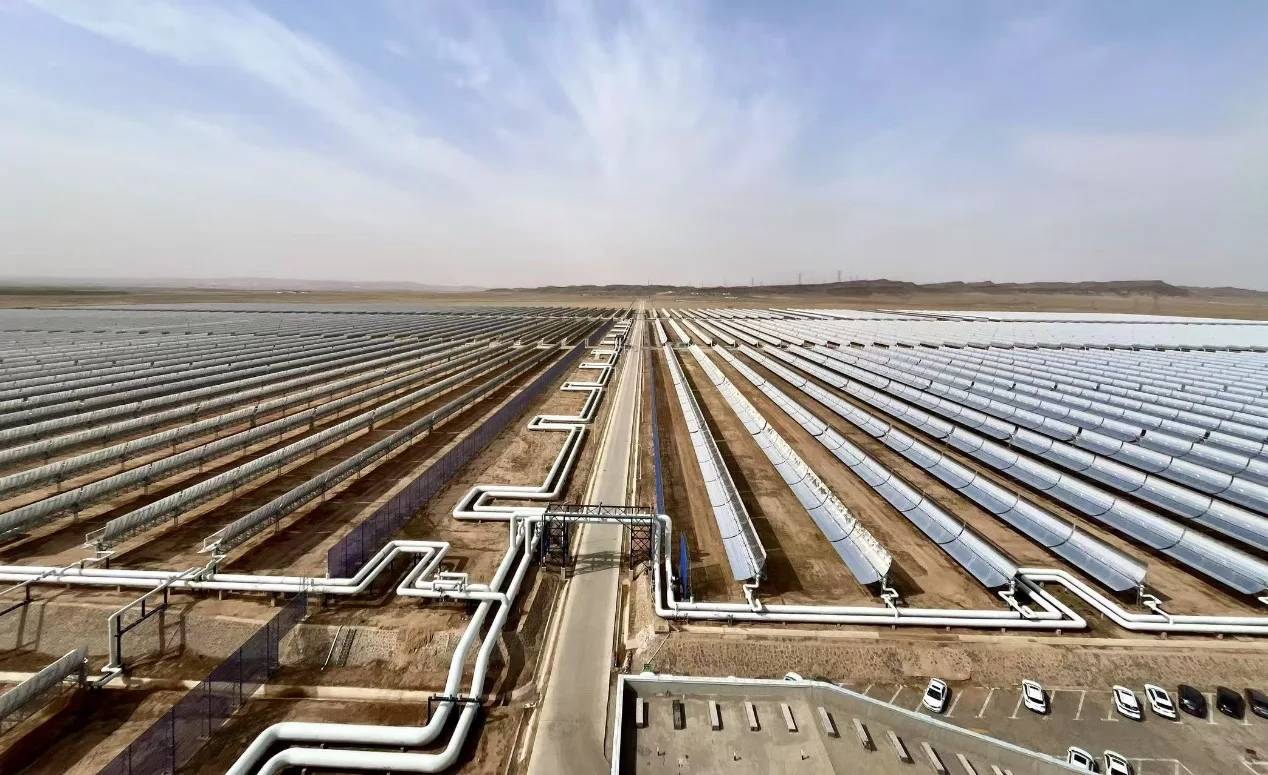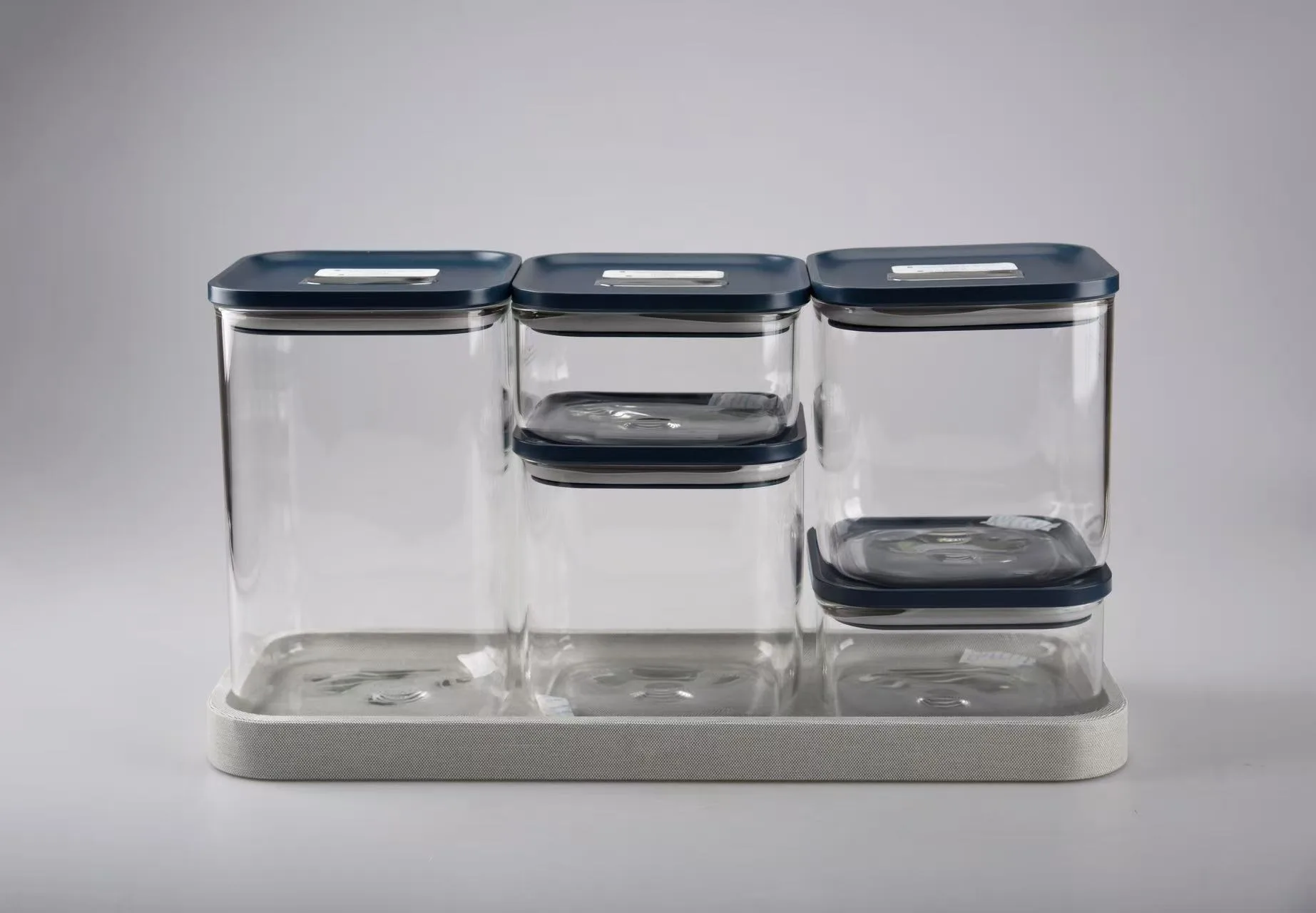- +86 15961036471
- huanweiyang@zcglass.com.cn
Borosilicate glass is a staple in laboratories, valued for its outstanding thermal shock resistance, chemical inertness, and clear transparency—traits that make it ideal for instruments enduring harsh experimental conditions.
It is widely used in core reaction vessels. Beakers (5mL to several liters) handle mixing, heating, and liquid storage, with thick walls resisting cracks from Bunsen burner heat or rapid cooling. Erlenmeyer flasks, with their conical shape and narrow neck, suit titrations, solution prep, and microbial culturing; they tolerate autoclaving and resist most acids/bases. Round-bottom flasks excel in reflux or high-temperature reactions, as their spherical design ensures even heat transfer up to 500°C.
For precision measurement, borosilicate glass shines. Graduated cylinders have permanent, temperature-stable markings and avoid solvent absorption, preventing cross-contamination. Burettes deliver reagents accurately (down to 0.01mL) for titrations, while pipettes (volumetric/variable) enable precise liquid transfer via smooth inner surfaces and chemical resistance.
Specialized gear also relies on it. Distillation parts (condensers, fractionating columns) withstand inner hot vapor and outer cold water without cracking. Spectrophotometer cuvettes offer high transparency (340–2500nm), ensuring accurate optical analysis. Desiccators keep moisture-sensitive samples dry, and test/culture tubes endure 121°C autoclaving for sterilization—unlike plastic.
Supporting accessories like watch glasses (cover beakers/evaporate liquids) and glass rods (stir/transfer liquids) add utility, as they resist heat and chemicals. Overall, borosilicate glass guarantees accuracy, safety, and reliability across chemistry, biology, and physics labs.


Glass tubes are efficient carriers for algae cultivation. With high light transmittance, they allow algae to fully absorb light for photosynthesis, and their strong chemical stability prevents reactions with the culture water. During cultivation, glass tubes can be built into vertical or horizontal systems, facilitating precise control of water temperature, nutrient solution concentration and aeration, while reducing bacterial contamination. They are suitable for large-scale cultivation of common algae such as chlorella and spirulina, supporting raw material production in the fields of food, feed and bioenergy.
Trough solar thermal power is one of the mainstream solar thermal power technologies. It uses parabolic trough reflectors to concentrate sunlight onto the heat-collecting tubes at the focal line, heating the heat transfer medium (such as molten salt, heat-conducting oil) inside the tubes. Then, the heat of the medium is used to generate high-temperature steam to drive the steam turbine for power generation. This technology has high light-concentrating efficiency and can be combined with heat storage systems to achieve 24-hour stable power supply. It is suitable for large-scale power station construction and plays an important role in replacing traditional fossil energy with clean energy and supporting the “dual carbon” goals.


Borosilicate glass daily ware has become a common household item due to its excellent performance. With high boron content and low thermal expansion coefficient, it can withstand a drastic temperature difference from -30℃ to 150℃, and is not easy to crack even when taken out of the refrigerator for direct heating. It is safe and non-toxic, with no heavy metal leaching, and compatible with microwaves, ovens and dishwashers. It is often used to make water cups, soup pots, fresh-keeping boxes, etc. Its transparent texture allows easy observation of the contents, and it is easy to clean and wear-resistant, combining practicality and health.
Lorem ipsum dolor sit amet, consectetur adipiscing elit, sed do eiusmod tempor incididunt ut labore et dolore magna aliqua.
The company is located in the beautiful and rich Yangtze River Delta, the southern gate of Taixing City – Qixu Town, which is known as the hometown of ginkgo.
Copyright 2025 Taixing Zhicheng Glass Co., Ltd. | All Rights Reserved